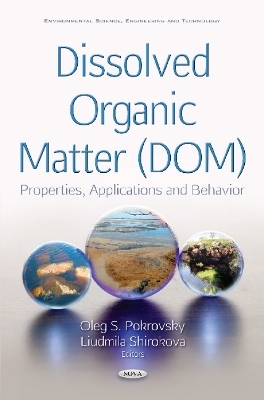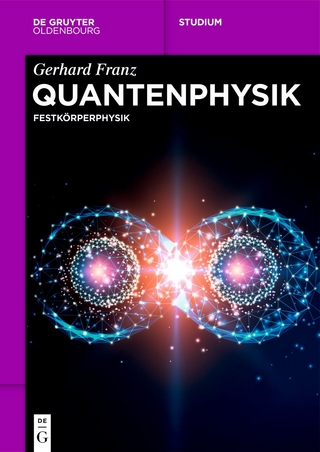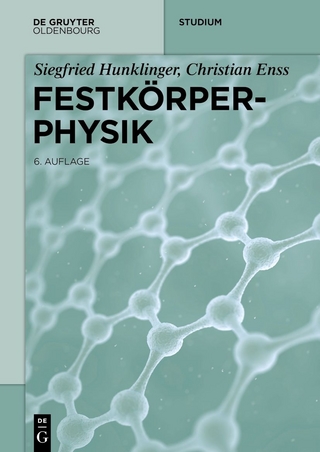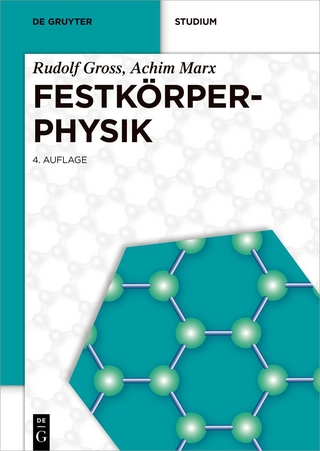
Dissolved Organic Matter (DOM)
Nova Science Publishers Inc (Verlag)
978-1-5361-2332-6 (ISBN)
Oleg S Pokrovsky graduated from Geochemistry department, Moscow State University, PhD in geochemistry (1994), entered CNRS (FRANCE) in 1999 and works over past decade on biogeochemistry of arctic and subarctic rivers and lakes. He is now a research director at the CNRS (FRANCE). He possesses both experimental physico-chemical, microbiological and geochemical expertise. Over past decade, O S Pokrovsky directed and co-directed 12 PhD students, 5 Post-doctoral research associates. Since 2000, O S Pokrovsky coordinated and leaded more than 20 various research grants, international cooperation programs and consortia, large-scale national (French) grants and served as important partner of a number of European (FP7) projects. Since 2013, O S Pokrovsky, a recipient of a prestigious Mega-grant of Russian Ministry of Science and Education (3 M $ for 3 years), directs BIO-GEO-CLIM Laboratory on Environment, Climate and Permafrost at Tomsk State University. O S Pokrovsky has strong academic records with ~160 papers peer reviewed papers and the same number of conference abstracts published since 1992 on physical chemistry, experimental geochemistry, and aquatic biogeochemistry; his HI factor is equal to 35 and the total citation number is close to 4000.
Introduction; Soil Organic Matter: Carbon Stocks, Distribution & the Pathways of Organic Matter Transport from Soil to Streams; Carbonic Acids in Natural Waters, Peat & Vegetation Leachates from a Discontinuous Permafrost Zone, Western Siberia; Methodology with 3D Fluorescence Spectroscopy to Characterize Dissolved Organic Matter in Soil; Soluble Organic Compounds as a Regulator of Biochemical Processes in the North; Dissolved Organic Matter in the River Waters of Moscows Water Supply Sources: The Effect of Reservoirs; The Transformation of Dissolved Organic Matter in the Soil Water Bog Stream Terminal Lake Continuum of a Boreal Watershed (Northern Karelia); Dissolved Carbon in Contrasting Stratified Lakes of the Subarctic: Assessing the Importance of Allochthonous versus Autochthonous Processes; Spatial Variation of Dissolved Organic Carbon in Thermokarst Lake Waters (Permafrost Zone of Western Siberia); Seasonal Dynamics of Organic Carbon in Thermokarst Lakes of a Discontinuous Permafrost Zone; Landscape Factors Regulating Dissolved Carbon in Western Siberian Rivers; Dissolved & Colloidal Organic Matter in a Humic Stratified Boreal Lake; Dissolved Organic Carbon & Organo-Mineral Colloids in the Mixing Zone of the Largest European Arctic River; Dissolved Organic Matter: Properties, Application & Environmental Behaviors of DOM in China; Index.
| Erscheinungsdatum | 16.03.2018 |
|---|---|
| Verlagsort | New York |
| Sprache | englisch |
| Maße | 180 x 260 mm |
| Gewicht | 762 g |
| Themenwelt | Naturwissenschaften ► Physik / Astronomie ► Festkörperphysik |
| ISBN-10 | 1-5361-2332-3 / 1536123323 |
| ISBN-13 | 978-1-5361-2332-6 / 9781536123326 |
| Zustand | Neuware |
| Haben Sie eine Frage zum Produkt? |
aus dem Bereich


